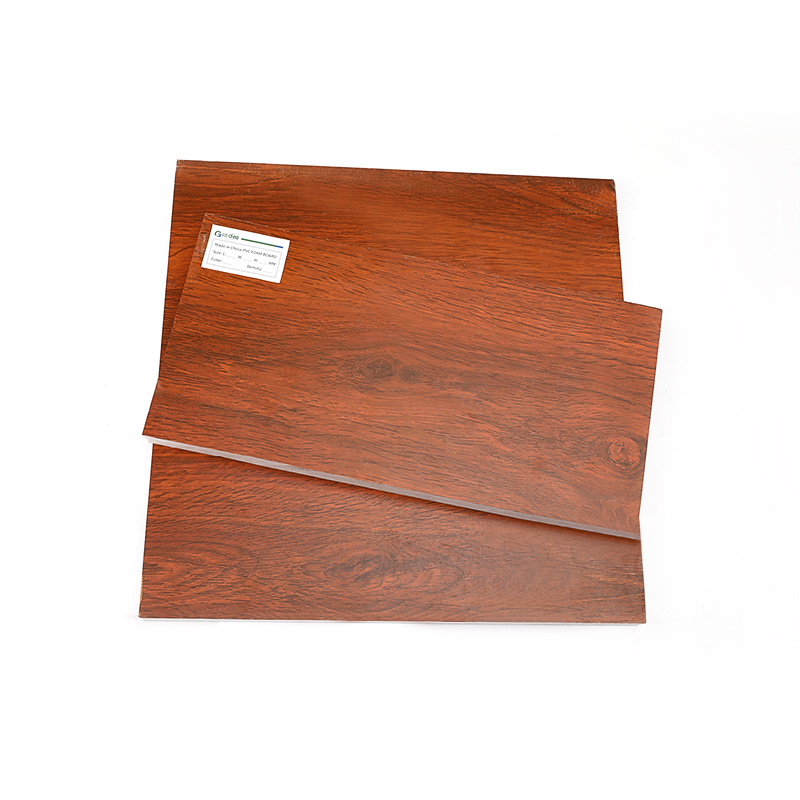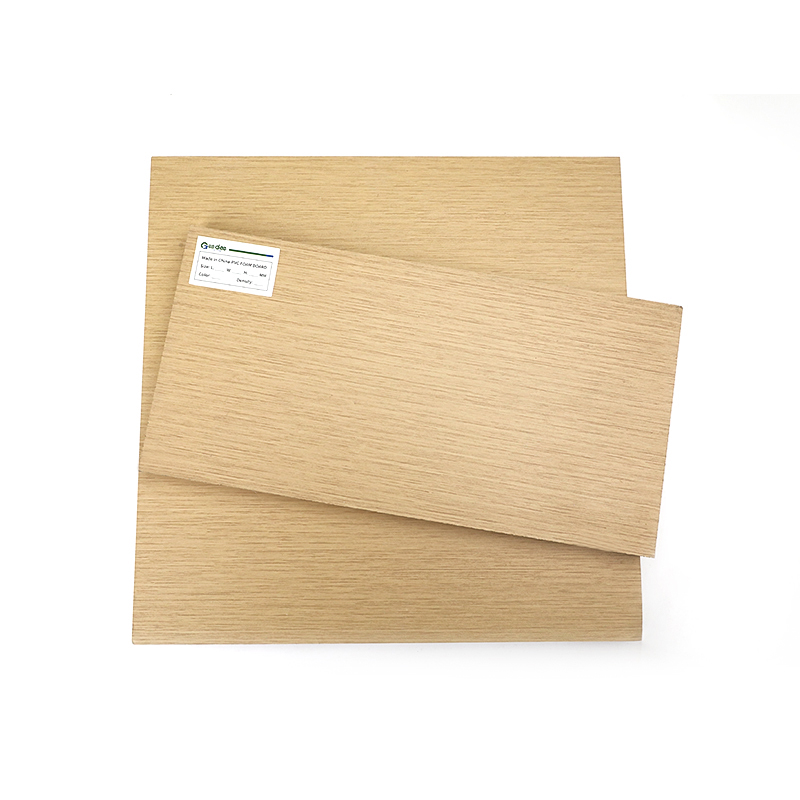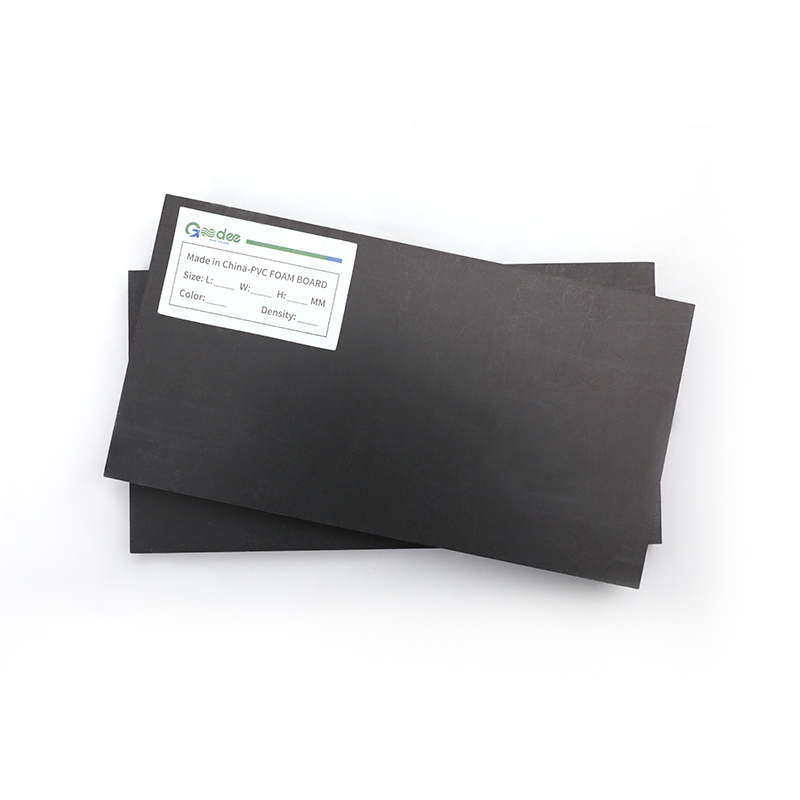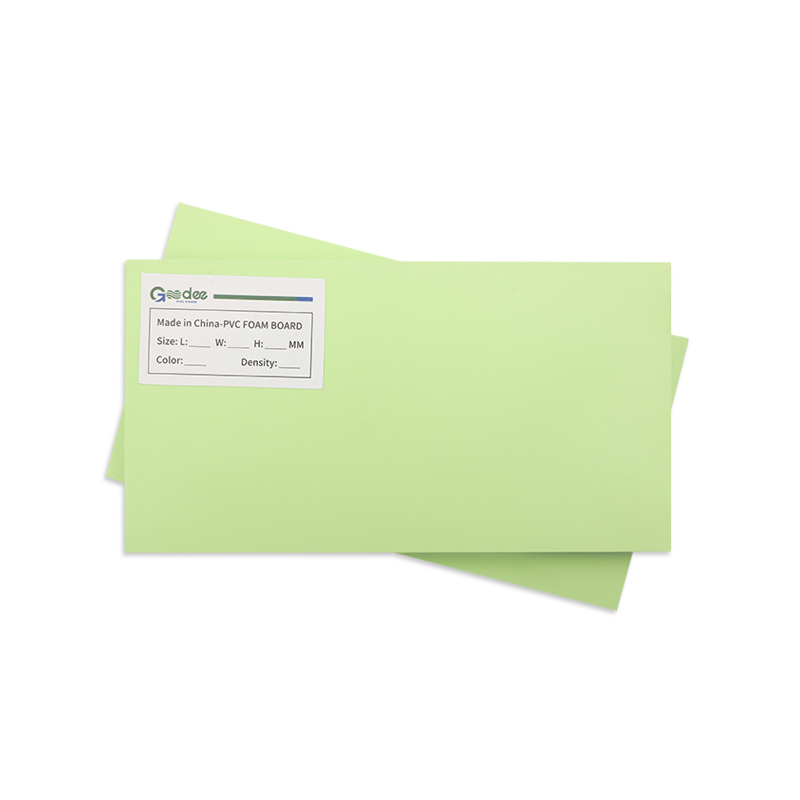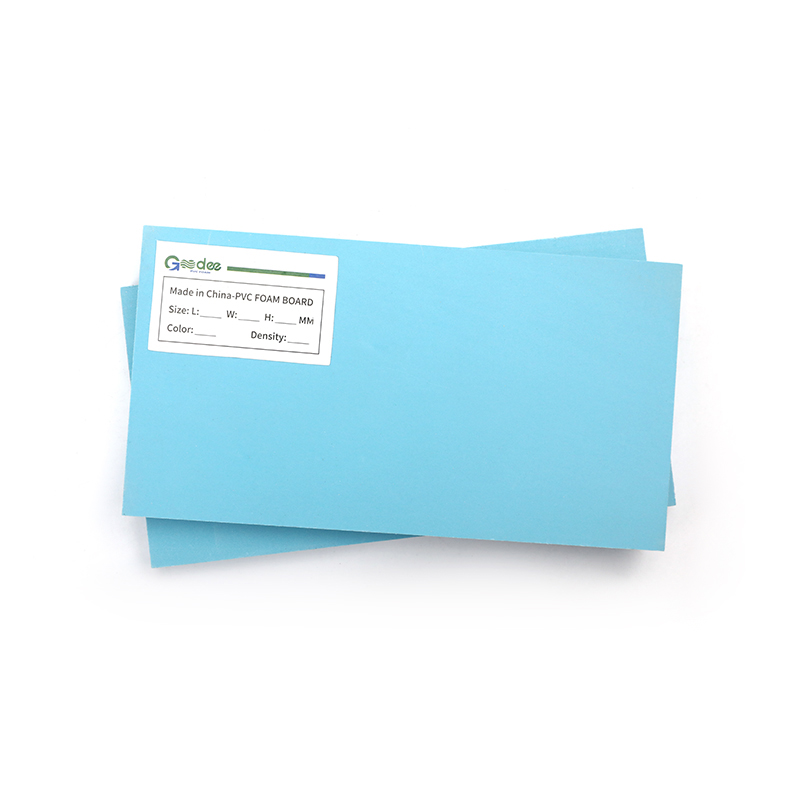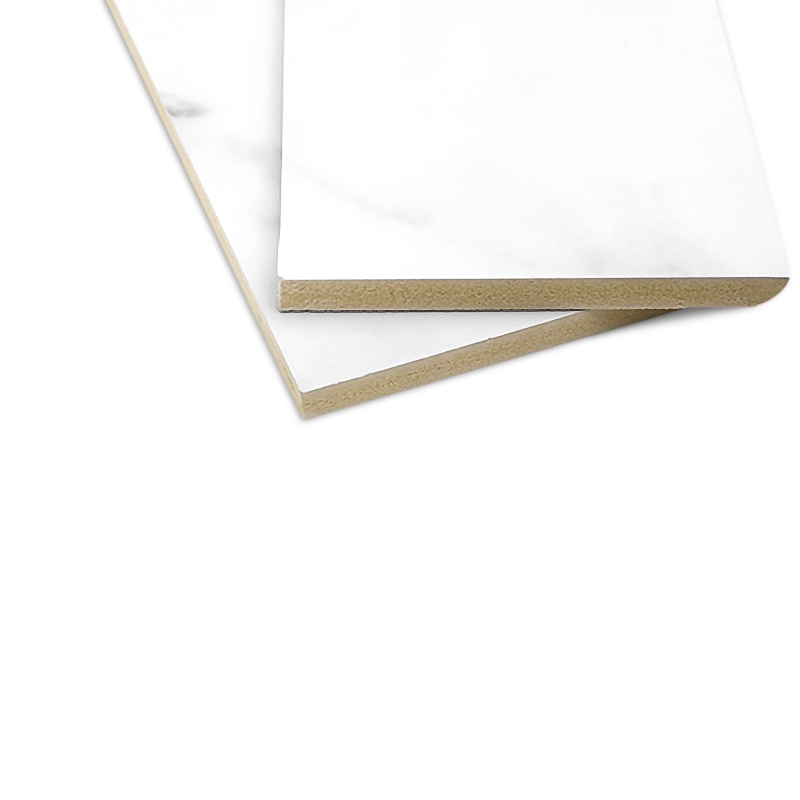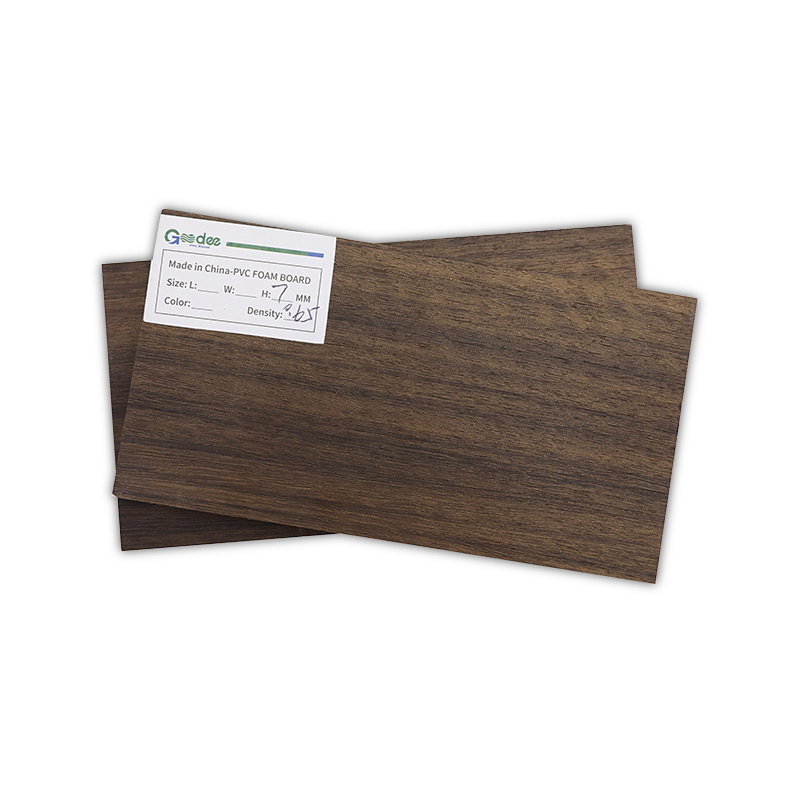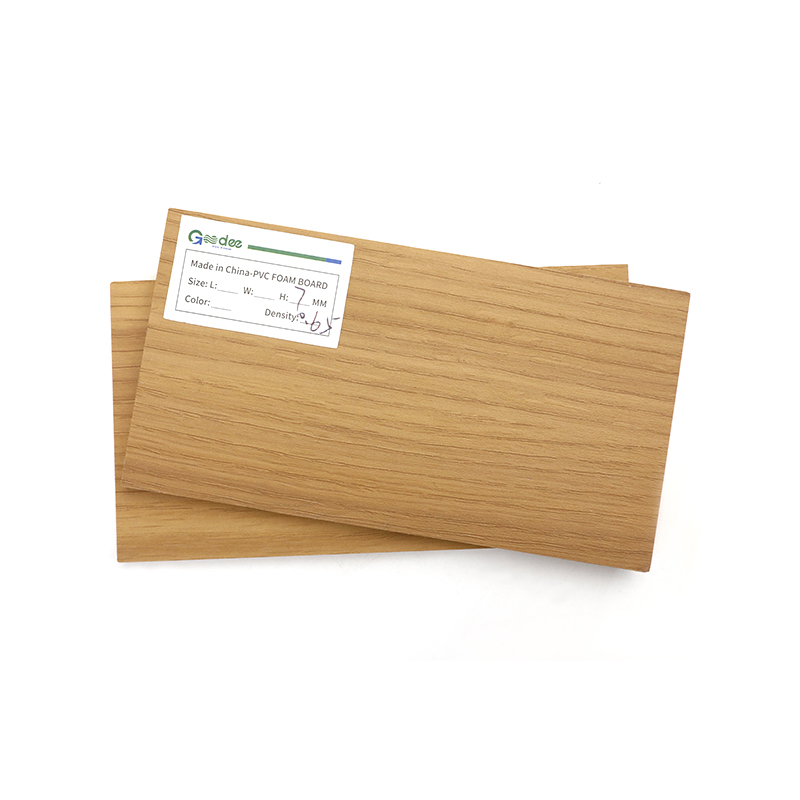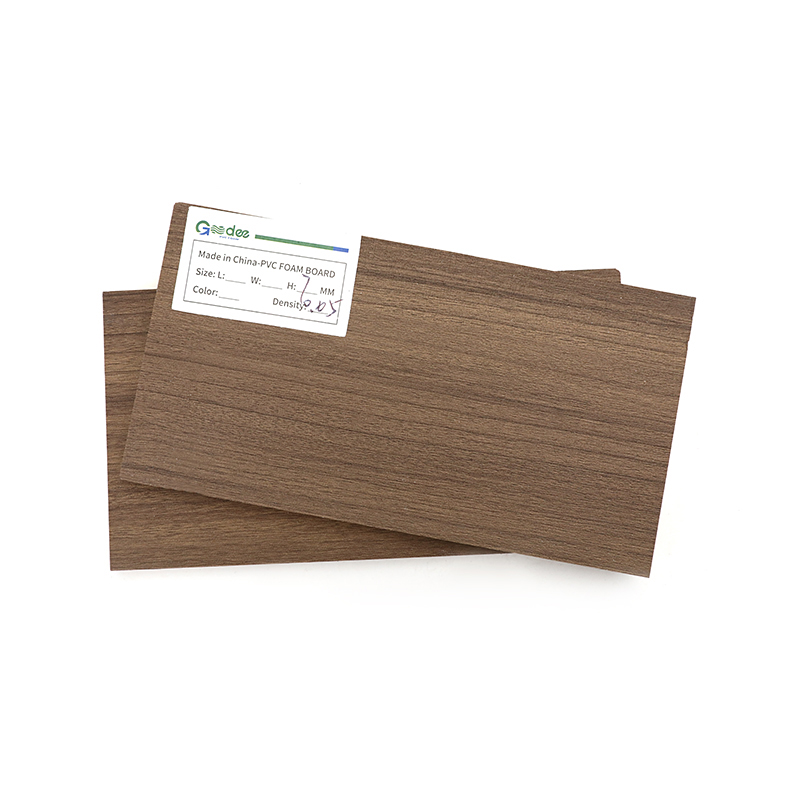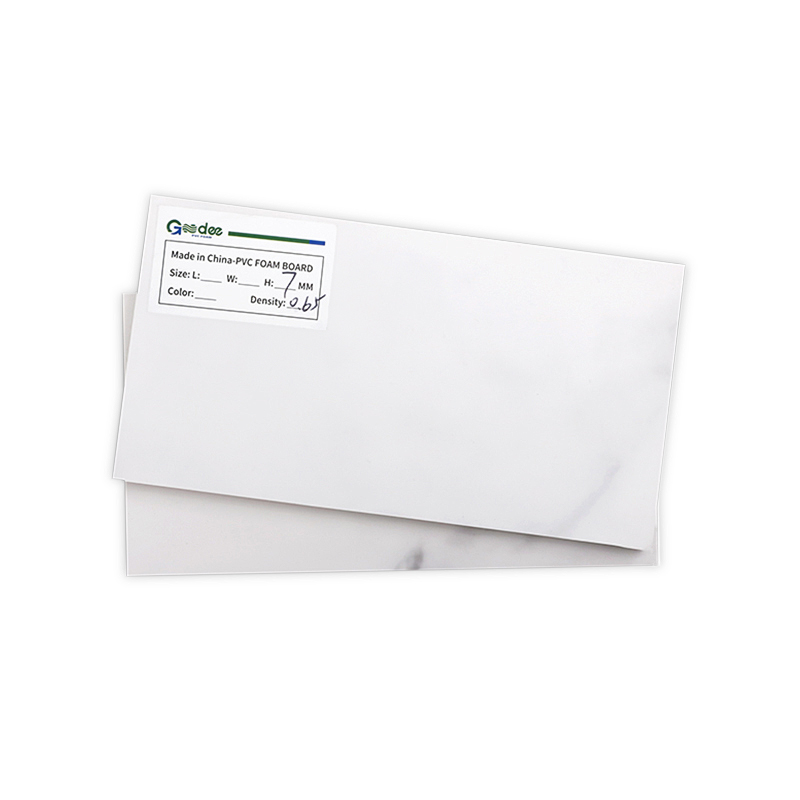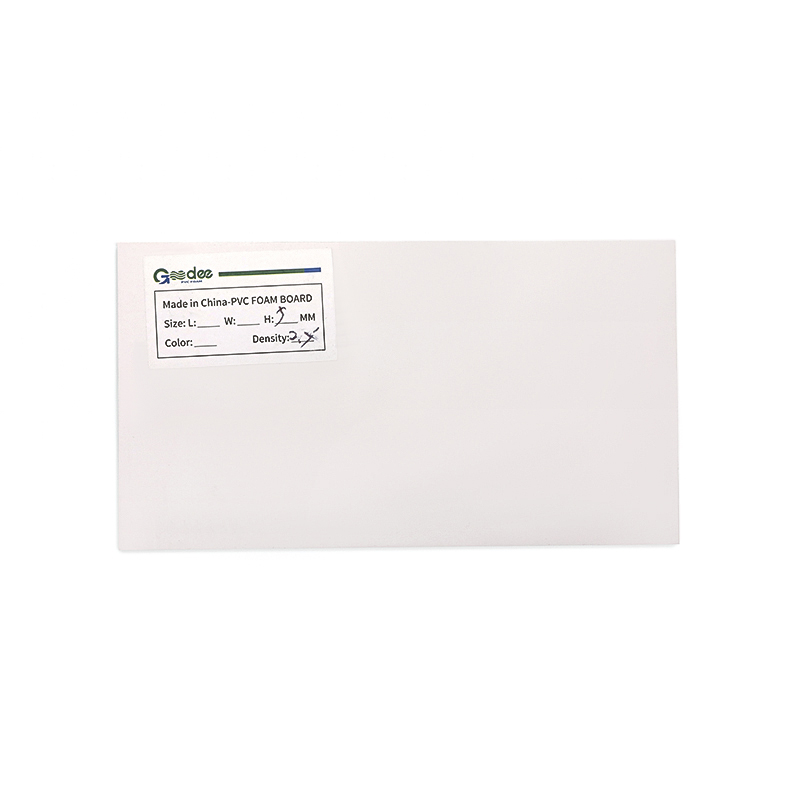Sound insulation is a crucial consideration in modern architecture and industrial design. As a lightweight, high-strength material, aluminum foam panels have attracted much attention for their excellent sound insulation properties. It is worth noting that there is a close relationship between the sound insulation effect of aluminium foam board and their density and thickness. This article will delve into this relationship and explain why increasing density and thickness can improve the sound insulation effect of aluminum foam panels.
Let’s take a look at how the density of aluminum foam panels affects its sound insulation performance. Density refers to the mass of material per unit volume. For aluminum foam boards, an increase in density means that the internal structure of the board is tighter and the porosity is reduced. This tight structure can absorb and disperse sound waves more effectively, reducing the propagation of sound waves within the board. Therefore, the denser the foam aluminum board, the better the sound insulation effect is.
Next, we discuss the effect of thickness on the sound insulation effect of aluminium foam board. The increased thickness means that sound waves have to travel a longer path as they travel through the sheet, which increases the chance that the sound waves will be absorbed and dispersed. In addition, the increase in thickness can also improve the rigidity and stability of the board and reduce the propagation of sound waves caused by vibration. Therefore, the thicker the foam aluminum board, the sound insulation effect will be correspondingly enhanced.
The increase in density and thickness can further improve the sound wave absorption and dispersion capabilities of aluminium foam board, thereby significantly enhancing the sound insulation effect. This feature makes aluminium foam board have broad application prospects in construction, transportation, industry and other fields. For example, in buildings next to highways, using aluminium foam board with moderate density and thickness as sound insulation walls can effectively reduce the impact of traffic noise on residents' lives.
It should be noted that the increase in density and thickness will also bring about a certain increase in cost and weight. Therefore, in practical applications, we need to choose appropriate aluminium foam board according to specific needs and budget. In addition, correct installation methods and maintenance measures are also key to ensuring the long-lasting and stable sound insulation effect of aluminium foam board.
The sound insulation effect of aluminium foam board is closely related to its density and thickness. By rationally selecting density and thickness, we can obtain aluminium foam board with good sound insulation properties, making a positive contribution to improving people's acoustic environment. With the continuous advancement of science and technology and people's increasing requirements for the acoustic environment, it is believed that the application of aluminium foam board in the field of sound insulation will become more extensive and in-depth.


 English
English Español
Español